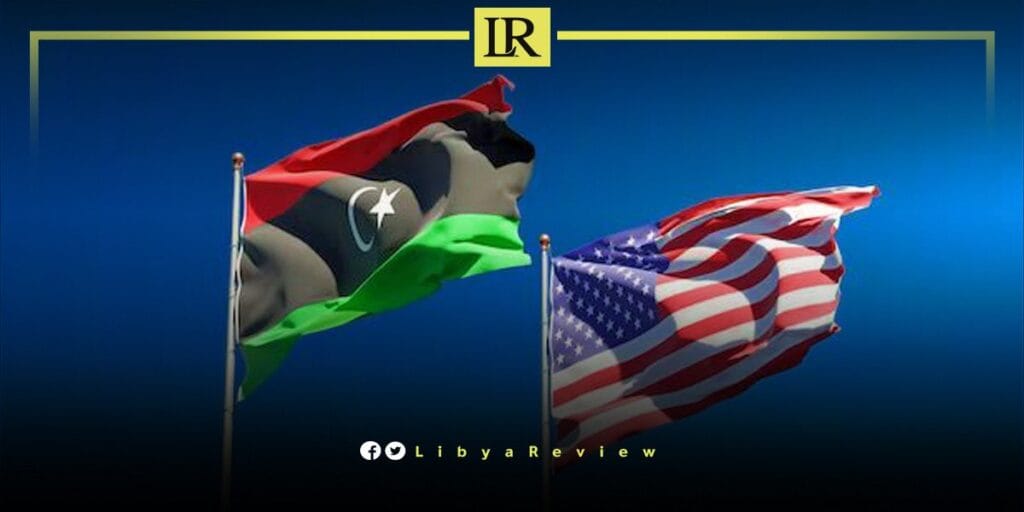The US hosted a high-level international meeting in New York aimed at charting a clearer path toward stability, unity, and legitimate governance in Libya. Senior officials from Egypt, the UAE, France, Germany, Italy, Qatar, Saudi Arabia, Turkey, and the United Kingdom participated alongside the United Nations, underscoring the global stakes in Libya’s future.
The meeting reaffirmed a shared commitment to Libya’s sovereignty and independence, with participants stressing that the country’s divisions cannot be resolved without unified national institutions and a credible political process.
UN Special Representative Hanna Tetteh presented an update on the political roadmap recently shared with the UN Security Council, emphasizing the need for conditions that allow an inclusive Libyan dialogue. The roadmap envisions national elections and the formation of unified institutions as the cornerstone for long-term stability.
Security challenges were at the heart of discussions. Delegates highlighted the urgent need for integration between eastern and western forces to avoid renewed conflict. They welcomed the 2025 revision of the UN arms embargo, which now allows for internationally supervised training and technical support to Libyan security institutions—seen as crucial for strengthening state capacity without fueling new rivalries.
On the economic front, the meeting stressed the independence of Libya’s National Oil Corporation and Central Bank, vital for restoring economic stability. Calls were made for transparent management of oil revenues and international cooperation to attract investment and protect natural resources, ensuring that wealth benefits all Libyans rather than fueling division.
Participants agreed that unifying Libya’s political and economic institutions is essential for strengthening sovereignty, securing borders, and addressing irregular migration, human trafficking, and arms smuggling.
In a joint statement, countries pledged to continue working closely together, voicing full support for the UN-led process. They reaffirmed solidarity with the Libyan people, stressing their right to a unified, democratic, and prosperous state built on political legitimacy and sustainable development.


